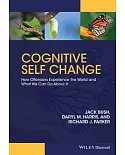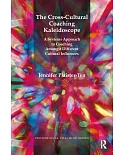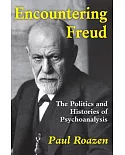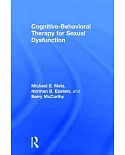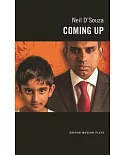When conducting parenting plan evaluations, mental health professionals need to be aware of a myriad of different factors. More so than in any other form of forensic evaluation, they must have
an understanding of the most current findings in developmental research, behavioral psychology, attachment theory, and legal issues to substantiate their opinions. As such there is an essential
need for a text focused on translating and implementing research associated with the most important topics within the family court.
This book addresses this gap in the literature by presenting an organized and in-depth analysis of the current research and offering specific recommendations for applying these findings to the
evaluation process. Written by experts in the child custody arena, chapters cover issues associated with the most important and complex issues that arise in family court, such as attachment and
overnight timesharing with very young children, dynamics between divorced parents and children's potential for resiliency, co-parenting children with chronic medical conditions and
developmental disorders, domestic violence during separation and divorce, gay and lesbian co-parents, and relocation, among others. The scientific information provided in these chapters assists
forensic mental health professionals to proffer empirically-based opinions, conclusions and recommendations. Parenting PlanEvaluations is a must-read for legal practitioners,
family law judges and attorneys, and other professionals seeking to understand more about the science behind child custody evaluations.


